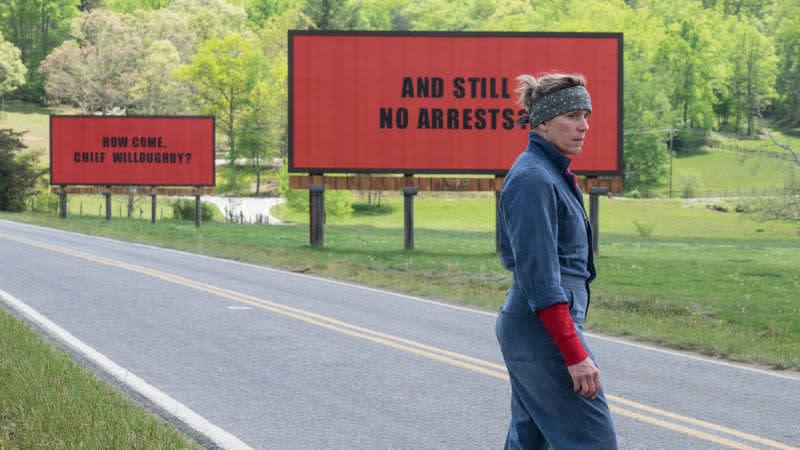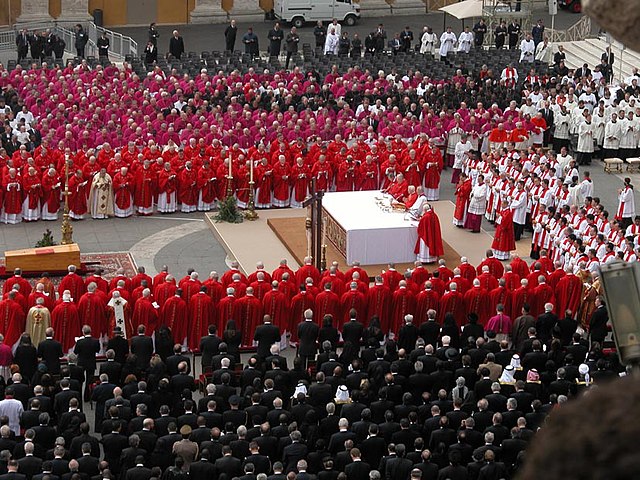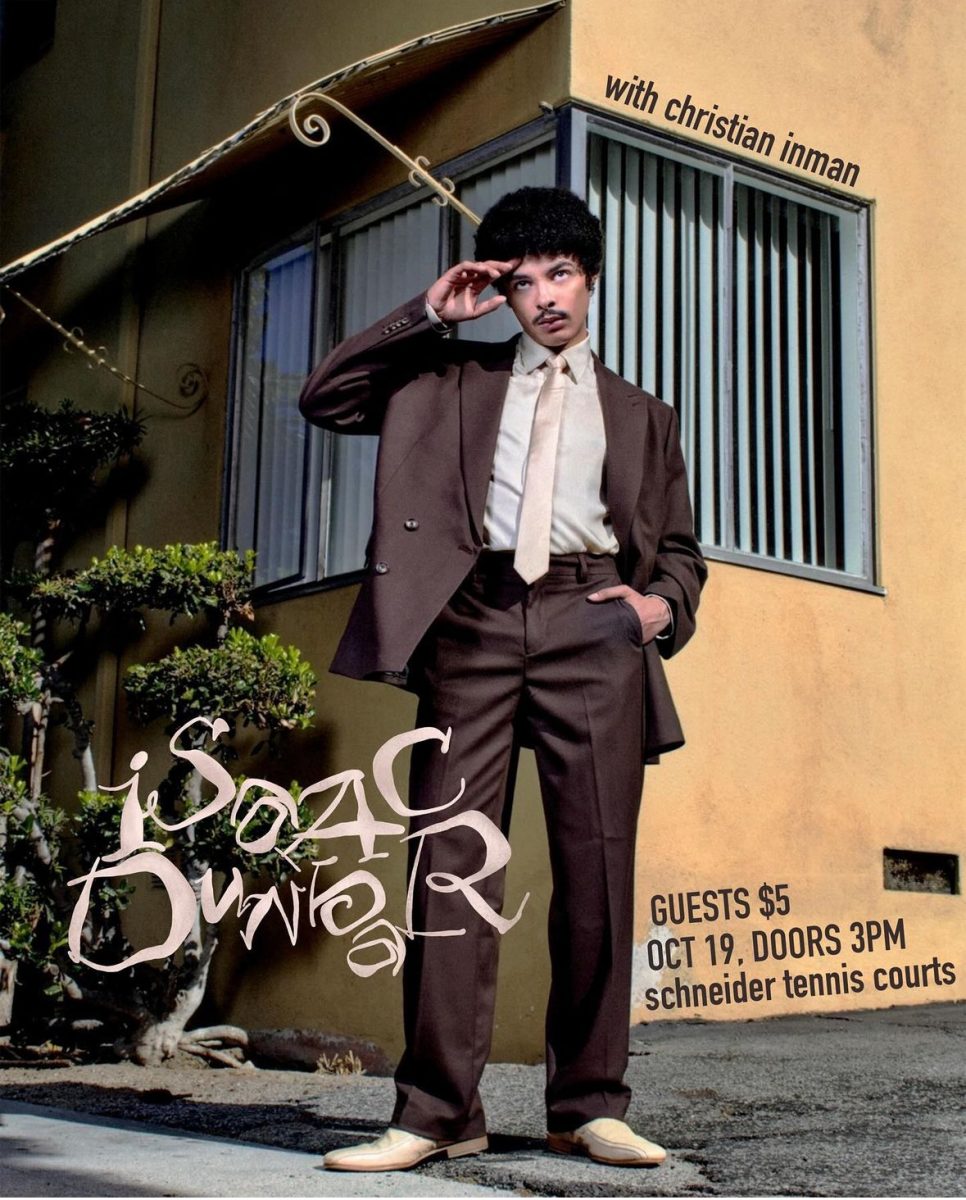Since its release last November, the film “Three Billboards Outside Ebbing, Missouri” has never strayed far from the headlines. Between the awards and nominations it has racked up and the backlash it has received for its controversial treatment of race— specifically, a lack of developed Black characters and the narrative arc of Jason Dixon, a racist cop played by Sam Rockwell—the film has maintained a steady presence in both mainstream news and social media debates.
Whether you believe the film’s controversial racial content is appropriate by the logic of writer-director Martin McDonagh, who argued in a recent Entertainment Weekly interview that it’s “a deliberately messy and difficult film” made to reflect “a messy and difficult world,” or that the film’s politics are problematic beyond any sort of justification, the political journey of the film’s release and reception has been intriguing. Though largely forgotten in the wake of the recent controversies, the film actually first made headlines back in September 2017 for pulling out of Fantastic Fest, an Austin-based film festival that has premiered such films as “There Will Be Blood” and “Zombieland.” The decision was made in response to a scandal involving parent company Alamo Drafthouse’s continued employment of Devin Faraci, a film critic accused of sexual assault by several different women. “Three Billboards” was the only film to withdraw from the festival in protest, a move which made headlines in trade publications but not in more mainstream news sources. It was still a month before the Harvey Weinstein scandal broke and the #MeToo movement went viral on social media, raising the profile of the situation. “You can’t have a film that deals with this, with such a strong woman as its lead, and still be a part of that bullshit,” McDonagh later said about his and the distributor’s decision to pull the film from the festival.
In “Three Billboards,” the angered, grieving mother Mildred Hayes (Frances McDormand) rents out three consecutive billboards to call out local Police Sheriff Bill Willoughby (Woody Harrelson) regarding his handling of the case of her daughter, who was raped and murdered a year earlier. “Raped while dying,” “And still no arrests?” and “How come, Chief Willoughby?” the billboards demand.
McDonagh has repeatedly claimed in interviews that the inspiration for “Three Billboards” came from a couple of billboards he spotted out of the window of a bus, bound for Texas on a cross-country U.S. road trip he took 20 years ago. While the specific context of the billboards that inspired McDonagh has since been lost to time, his film has now inspired multiple movements to adopt the same tactic.
Two days after the Feb. 14 shooting at Marjory Stoneman Douglas High School in Parkland, Florida that left 17 dead and dozens more injured, the online activist group Avaaz mounted three billboards calling out Florida Senator Marco Rubio on trucks which then drove around Rubio’s offices in Doral, Florida. The billboards were styled after the film’s—bolded, all-caps block text against a solid red background—with the message therein also adopting a similar syntax: “Slaughtered in school,” “And still no gun control?” and “How come, Marco Rubio?” Whether Rubio’s string of aggravated and unrepentant tweets criticizing the media for what he saw as a misrepresentation of his character and policies the next day was at least in part inspired by the billboard campaign can neither be confirmed or denied. Even if the billboards do not end up having any measurable effect on Rubio, the tactic’s cinematic inspiration has helped the campaign get more attention both on social media and from news outlets.
On Feb. 15, just one day earlier, the community-lead coalition Justice4Grenfell used a similar technique involving van-mounted billboards to draw attention to the lack of progress that has been made in the aftermath of the catastrophic fire at the residential high-rise Grenfell Tower in London last June. The blaze killed 71 people and left hundreds of other residents homeless. A criminal investigation was opened amidst concerns that especially flammable building materials, potentially used to help cut costs, may have contributed to causing the fire or increased the speed with which it spread. However, a number of the survivors and other concerned parties feel that the authorities have not been sufficiently responsive or proactive in their handling of the tragedy. “71 dead,” “And still no arrests?” and “How come?” the Justice4Grenfell billboards read. The vans spent the day driving around London before parking at the Grenfell Tower site.
Yvette Williams, one of the co-founders of Justice4Grenfell, said that she took inspiration from “Three Billboards” and especially from one of the claims McDormand’s character makes in the film. At one point, Mildred argues that, “the more you keep a case in the public eye, the better your chances are at getting it solved.” Regarding the Grenfell Tower fire, Williams found the sentiment both compelling and highly relevant. “Over the last few weeks we felt what happened is ebbing out of the public consciousness and people are becoming desensitized,” she stated regarding the motivations behind their mobile billboard campaign.
While many have criticized the content of “Three Billboards” for being politically retrogressive and problematic, the film’s distribution and reception have ended up dovetailing and interacting with current social and political movements in a quite extraordinary way. By capitalizing on the film’s continued relevance due to its awards season run, Justice4Grenfell and Avaaz’s movie-inspired billboard campaigns have taken the opportunity to test whether the fictional Mildred Hayes’ theory will hold up in the real world. Only time will tell if the strategy pays off.







